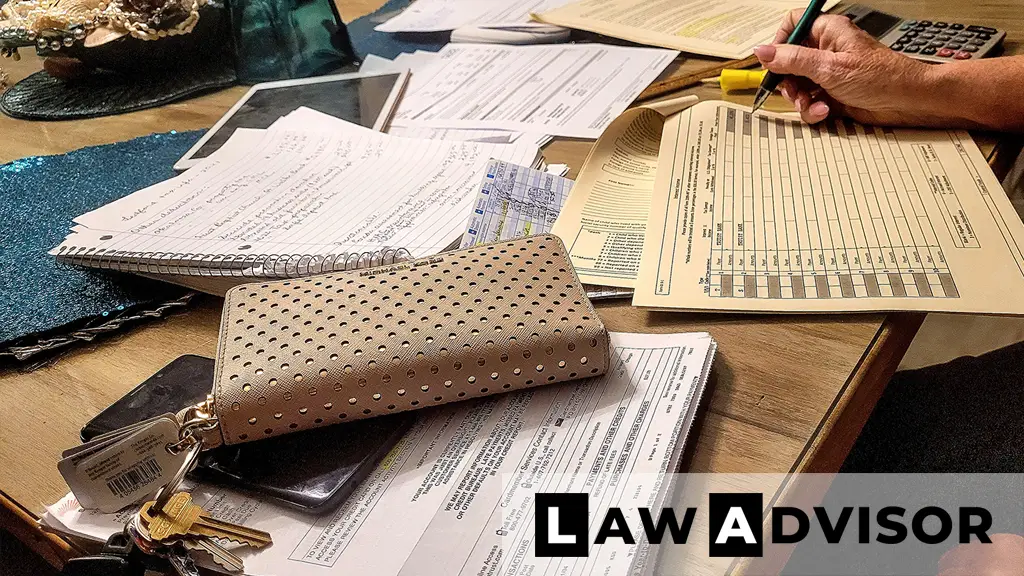Estate planning isn’t just for the wealthy or elderly—it’s for everyone who wants to protect their loved ones, reduce future conflicts, and ensure their wishes are honored. Whether you’re planning ahead or revisiting your documents, a well-organized estate plan is one of the greatest gifts you can give your family.
Here’s your complete Estate Planning Checklist, broken down into easy steps with practical guidance.
🧠 What Is Estate Planning?
Estate planning is the process of arranging for the management and distribution of your assets after your death—or during incapacity. It can also address important decisions like guardianship, medical preferences, and tax strategies.
It’s not just about who gets what—it’s about preparing for life’s unexpected moments with clarity and control.
✅ Why Estate Planning Is So Important
Without a plan, your state’s laws will decide who inherits your property and who makes decisions on your behalf. That can lead to:
- Delays in probate
- Family disputes
- Unwanted outcomes
- Excessive legal fees and taxes
With a solid estate plan, you stay in control—not the court.
📌 Estate Planning Checklist: 10 Key Steps
1. Create a Last Will and Testament
Your will designates who receives your assets and names a guardian for minor children. Without a will, your estate goes through intestate succession, which may not reflect your wishes.
🗂️ Pro Tip: Keep the original copy safe and inform your executor where to find it.
2. Appoint an Executor
Your executor is the person who will carry out your will, pay debts, and distribute assets. Choose someone trustworthy and organized—often a spouse, adult child, or attorney.
3. Establish a Living Trust (If Needed)
A revocable living trust can help you avoid probate, maintain privacy, and manage assets during incapacity. It’s especially useful for:
- Larger estates
- Owning property in multiple states
- Special needs beneficiaries
4. Write a Durable Power of Attorney
This document allows someone to handle financial and legal matters on your behalf if you’re incapacitated. Without it, your family may need to go through court just to pay your bills.
5. Create a Health Care Directive (Living Will)
This includes:
- Living Will: States your medical treatment preferences.
- Health Care Proxy: Appoints someone to make medical decisions for you.
Together, they ensure your wishes are followed—even if you can’t speak for yourself.
6. Review Your Beneficiaries
Check and update beneficiaries on:
- Life insurance
- Retirement accounts (401k, IRA)
- Bank and investment accounts
These accounts pass directly to the named beneficiaries—even if your will says otherwise!
7. Plan for Minor Children
Name a guardian for your children in your will. If you don’t, the court decides who will raise them—and it may not be who you’d choose.
Also consider setting up a trust to manage their inheritance until they reach a responsible age.
8. Organize Important Documents
Make sure your loved ones can find:
- Will and trust documents
- Insurance policies
- Deeds and titles
- Financial statements
- Digital asset logins
Create a secure folder or binder labeled “Estate Plan” and let a trusted person know where it’s kept.
9. Plan for Taxes and Debts
Speak with an estate or tax attorney if:
- Your estate exceeds the federal estate tax exemption ($13.61 million in 2024)
- You have significant debts or business assets
- You want to maximize charitable giving or minimize taxes
Proper planning can save your heirs thousands of dollars.
10. Update Your Plan Regularly
Major life changes = time to review your estate plan. Update after:
- Marriage or divorce
- Birth of a child
- Death of a loved one
- Major purchases or windfalls
- Changes in the law
🛑 Common Estate Planning Mistakes to Avoid
- Not having a plan at all
- Forgetting to name backup guardians or executors
- Failing to fund a living trust
- Ignoring digital assets
- Not discussing your plan with loved ones
Avoiding these mistakes can make all the difference when it matters most.
🔄 You may wanna check out:
- What Happens If You Die Without a Will? Intestate Explained
- Revocable vs. Irrevocable Trusts: What’s the Difference?
- How to Create a Legally Binding Will: Step-by-Step Guide
✅ Final Thoughts
Estate planning is one of the most thoughtful and strategic things you can do for your loved ones. It provides peace of mind, avoids legal headaches, and ensures your legacy is handled the way you want.
Don’t wait for a life event to start the process—start today, and update as needed. When in doubt, consult an experienced estate planning attorney to tailor the plan to your needs and state laws.





